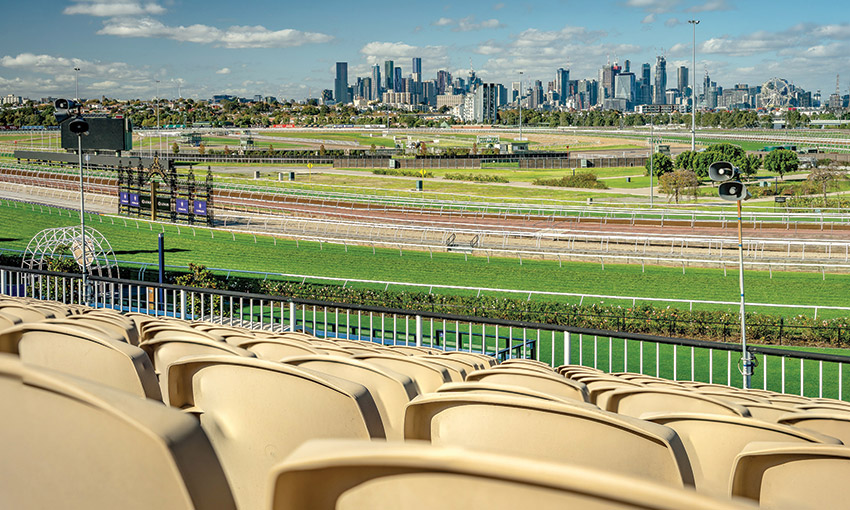ON 1 NOVEMBER 2022, the Melbourne Cup was supposed to be the focus for Aussie punters and non-punters alike who each year look forward to the festivities of the race that stops the nation.
The Australian Border Force had other ideas for industry, as it announced late that day, via Australian Customs Notice 2022-46, a raft of new obligations on customs depot and warehouse licence holders. The obligations would commence, unfunnily enough, earlier that same day.
As was the case with the now-infamous Integrated Cargo System rollout of 2005, this drew a lot of attention from industry and licence holders. Licensees were now exposed to many new conditions, exposing them to the risk of sanctions and possible removal of accreditation.
As the Melbourne Cup was run and won, the race was on for licence holders to ascertain who in their facilities were covered by the ambiguously worded new obligations.
MORATORIUM
Nobody, not even some in the front line of the ABF, knew answers to key questions. In the subsequent months, at the request of industry, the ABF granted a moratorium period of until 31 March 2023 to comply.
With the moratorium period now passed, there has been a growing spate of reports of compliance audits conducted by ABF ending with non-compliance breach notices issued and more than a few infringement notices, costing depots tens of thousands of dollars. Western Australia is reportedly seeing some increased levels of attention.
The expansion of fit and proper persons to include operators in non-management and control-based staff has led to licensees requiring staff to complete fit and proper checks and keep them on file.
HOW TO COMPLY
Determining which staff are affected has been a challenge for licence holders.
The safe line is it is always open to interpretation. However, the options are to have staff added to your staff list, complete a B1555 and issue a WADSIC, or add them to your visitor log.
As a result of the extra emphasis on fit and proper persons now including positions in non-management and control-based positions and the push by the ABF to ensure licence holders do their due diligence, adequate staff training is also largely on ABF’s agenda with compliance issues resulting.
The conditions state a licensee must provide suitable and ongoing training to make staff aware of their obligations in dealing with goods subject to customs control and must ensure ongoing quality assurance processes are in place. The licence holder must also demonstrate ongoing training and an ongoing review of processes to ensure compliance and provide evidence annually or as requested by the ABF.
The ABF is ambiguous as to exactly which staff may fall into the requirement; in the past some areas of a business were deemed to be excluded. The ABF have since suggested the licensee must provide ongoing training to the staff (including, but not limited to, customs brokers) who are in a position of management or control as their work encompasses commercial records regarding the condition and quantity of cargo that are accountable and must be retained by the licence holder for a period of five years or such other period as the ABF determines.
Licensees must also provide training to other staff who may work at a licenced place that are not in management or control, but are involved with cargo that may have been imported.
In the spirit of our great sporting nation, the race to ensure compliance continues.
This article appeared in the June 2023 edition of DCN Magazine





